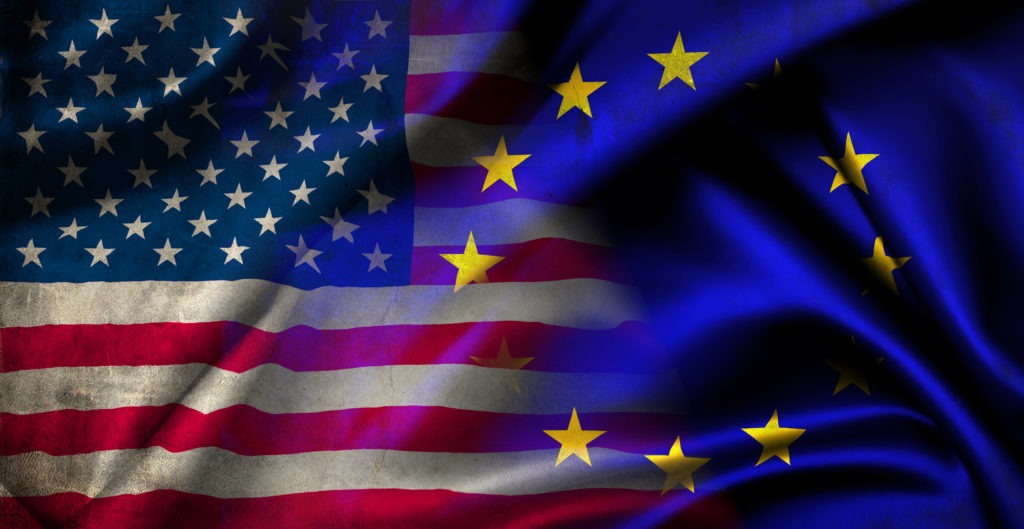Europe prepared to work with the US over trade deal
24 July 2019

24 July 2019
The European Union is keen to work with the US to reform the World Trade Organisation (WTO), but will retaliate if the country carries out its threat to raise car tariffs.
The bloc will also happily cooperate on common challenges to global trade if a way past the current standoff can be achieved, EU director-general of trade Sabine Weyand remarked during her first official visit to Washington since taking up her post a month ago.
European interest
The long-time EU diplomat and former deputy Brexit negotiator highlighted the EU’s interest in avoiding a spiral of escalating tariffs on cars, aircraft and other goods, and work instead with the United States to address mutual concerns about China’s behaviour on world markets.
However, she also said that Brussels would not be bullied by the threat of sanctions that it views as illegal under WTO rules.
′It is natural that friends sometimes disagree with each other, but this is something else. There are real threats elsewhere, yet we find ourselves in a morale-sucking, growth-slowing series of skirmishes. We have to overcome this,’ she told a Center for Strategic and International Studies event.
′We will not negotiate under WTO illegal action. Nor will we go down the road of managed trade,’ she added.
National threat
US President Donald Trump’s administration has threatened to raise automotive tariffs to 25% in order to counter what it calls a ′threat to national security‘. The EU has retaliated by suggesting that it will impose additional costs on €35 billion worth of US imported goods.
′We will not accept any managed trade, quotas or voluntary export restraints and, if there were to be tariffs, we would have a rebalancing list,’ European Trade Commissioner Cecilia Malmström said.
′It is already basically prepared, worth €35 billion euros. I do hope we do not have to use that one,’ she told a committee of the European Parliament.
In May, Trump announced he was delaying the introduction of tariffs on vehicle and parts imports from the EU and Japan for six months, to pursue negotiations and avoid opening another front in the President’s tariff battle with some of America’s key markets.
Trade wars
The delay comes as the administration faces a deepening trade war with China even as the two sides continue negotiations for a deal, with repercussions of this felt in the automotive industry.
Trump said in a proclamation released in Washington that he agreed with the conclusion by the Commerce Department that imports of cars and their parts represent ′a national security threat’.
His proclamation directs the US Trade Representative to pursue negotiations of agreements ′to address the threatened impairment of national security concerning imported automobiles and certain automobile parts from the European Union, Japan, and any other country the Trade Representative deems appropriate.’
′Domestic conditions of competition must be improved by reducing imports,’ the proclamation stated.